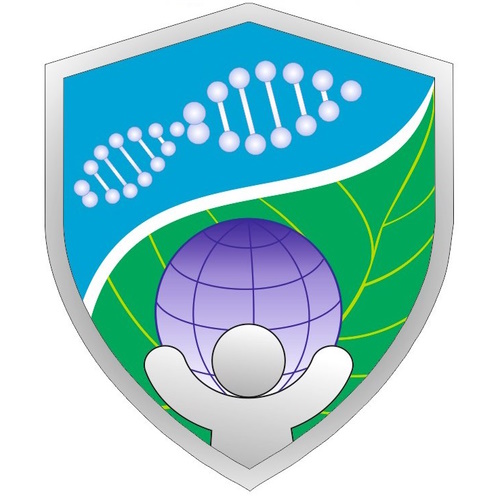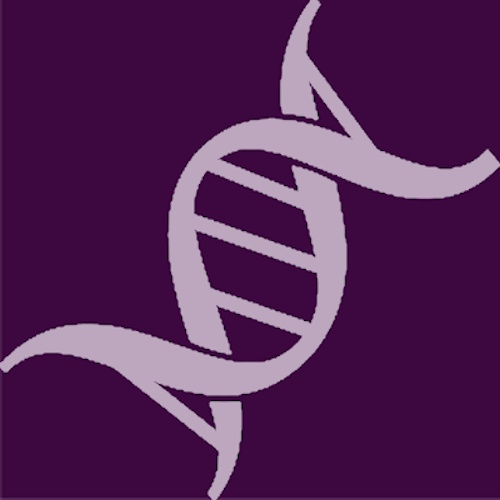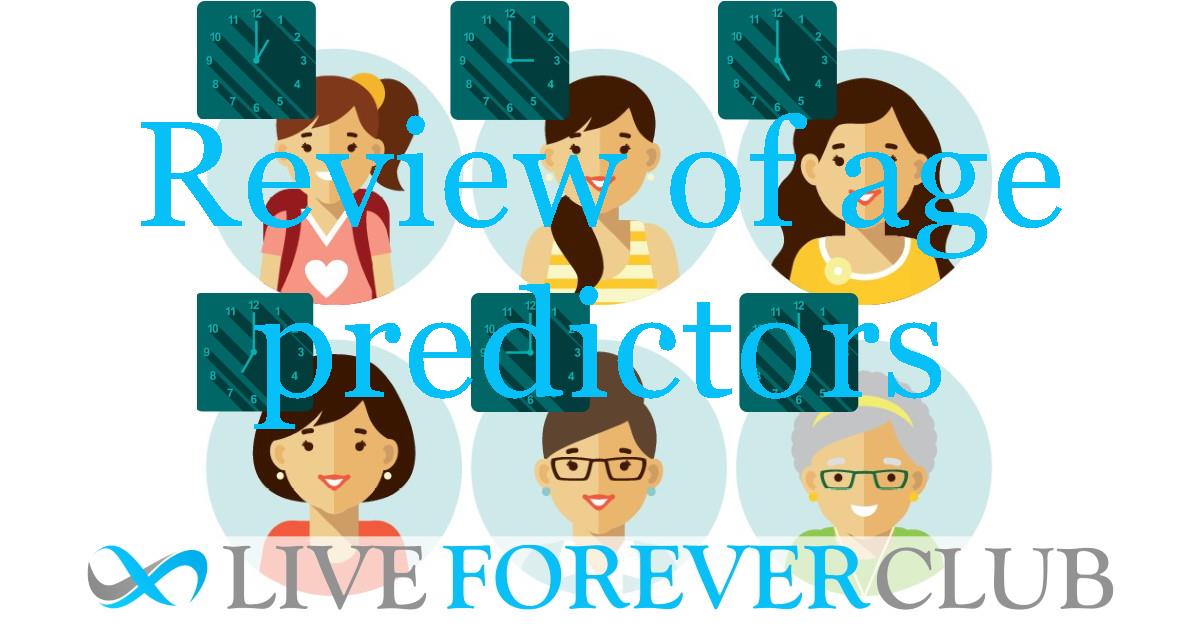A recent study was conducted by the Centre for Strategic Planning and Management of Biomedical Health Risks to review some of the most promising technologies developed to have a more comprehensive estimate of biological ageing. Modern techniques have allowed us to explore ageing from various perspectives, such as chronological ages, age to health correlation, and medical estimation of life expectancy. The study looked at some of the most important methods utilised both by medical clinicians as well as other laboratory biomarkers in this pursuit.
Introduction
The age of a person is a primary factor in estimation of their general health, risk of mortality, as well as incidence of age-related diseases including cardiovascular, neurological and other degenerative disorders. Recently, age has been strongly associated with severity of COVID related complications. Thus, the need of a viable calculator of ageing progression is pertinent. This becomes even more relevant due to multiple studies observing that a person’s biological age and chronological age are not necessarily identical. Everyone ages at a personal rate, which is influenced by multiple factors such as genetics, environment and lifestyle choices. A person’s biological age is more strongly indicative of overall morbidity and mortality risks.
In recent years, medical science has explored and included several parameters for age estimation in routine clinical studies. These include maximal oxygen consumption, forced expiratory volume, vertical jump, whole-body reaction time, sit-and-reach test, blood pressure, waist circumference, inflammation markers, kidney function markers, glucose metabolism markers.
There are some other avenues which have been explored for this estimation. Microbiome analysis, measure of telomere length, DNA methylation and genomic instability are some newer techniques used popularly in forensic analysis of age.
These markers individually are not specific enough to be accurate predictive tools of age. However, artificial intelligence has been used to design models which factor in multiple markers together to give a better estimate of age and predict future likelihood of diseases.
The study
The study explored only those techniques which had large sample size and were validated for reliability. Based on this, the markers were divided into the following categories
- Clinical and laboratory markers
- Molecular markers
- Epigenetic markers
Blood and clinical markers
Historically, blood markers have been important indicators of general health and ageing. Some biochemistry parameters routinely used are albumin, glucose, alkaline phosphatase, urea, erythrocytes, cholesterol, RDW, alpha-2 globulins, haematocrit, and lymphocytes. They have been used in models generated by AI to predict ageing in some cohort studies such as Women’s Health and Aging Study I &II (WHAS), the Baltimore Longitudinal Study on Aging (BLSA), and Invecchiare in Chianti (InCHIANTI).
Currently research is being done to include psychological markers of ageing as it has been observed that cognitive decline is strongly associated with ageing. Deep neural networks of AI have been used to develop models like PsychoAge and SubjAge including psychological factors to predict age. Some factors included were marital status, sex life in past 10 years, and prescription of hypertension drugs.
Molecular and genetic factors
Some technically advanced models were explored for age prediction which included the following.
Transcriptome based age predictors
Some popular calculators developed are:
- Illumina HumanHT-12 - identified 1497 genes to predict age
- RNAAgeCalc - an age calculator based on transcription age observed in tissue
- binarized transcriptomic aging (BiT age) clock - currently among the most accurate transcriptome-based age predictor
- measuring the circRNA in brain as they have been observed to increase in older adults and may be factors in neurological disorders seen in old age
Peripheral blood protein level predictors
Ageing has been correlated to surges in plasma protein levels. This is measured to determine ageing rates.
T cell DNA rearrangement based predictors
The number of T cell receptor excision circles declines with age as the thymus undergoes involution.
Microbiome based age predictors
Several age predictor models have been developed on the basis of gut, oral and skin microbiome samples. These, however, need to be tested on larger populations to determine reliability.
Epigenetic markers
Epigenetic clocks are models which try to predict biological age and lifespan based on DNA methylation. These are some of the most promising tools in estimation of age and mortality. The first-generation clocks used exclusively DNA methylation for prediction using chronological age as reference. The second-generation clocks are more sophisticated as they include clinical markers such as album, glucose, CRP, MCV to estimate phenotype age.
Conclusion
Biological age calculators have significant clinical implications. Accelerated ageing has been linked to shorter lifespan, development of ailments of heart, brain, liver, as well as cancers. Recently, post COVID prognosis has been worse for people with accelerated ageing. These age calculators are useful tools in monitoring and surveillance of population to identify disease risk before onset and mitigate the effects. These models should consider costs so as to be available to larger populations as access to larger sample size will further refine their predictability and improve their use case.
Author: Joydev Bhattacharjee
Reference
Biological Age Predictors: The Status Quo and Future Trends - Yudin et al - International Journal of Molecular Sciences - https://doi.org/10.3390/ijms232315103






